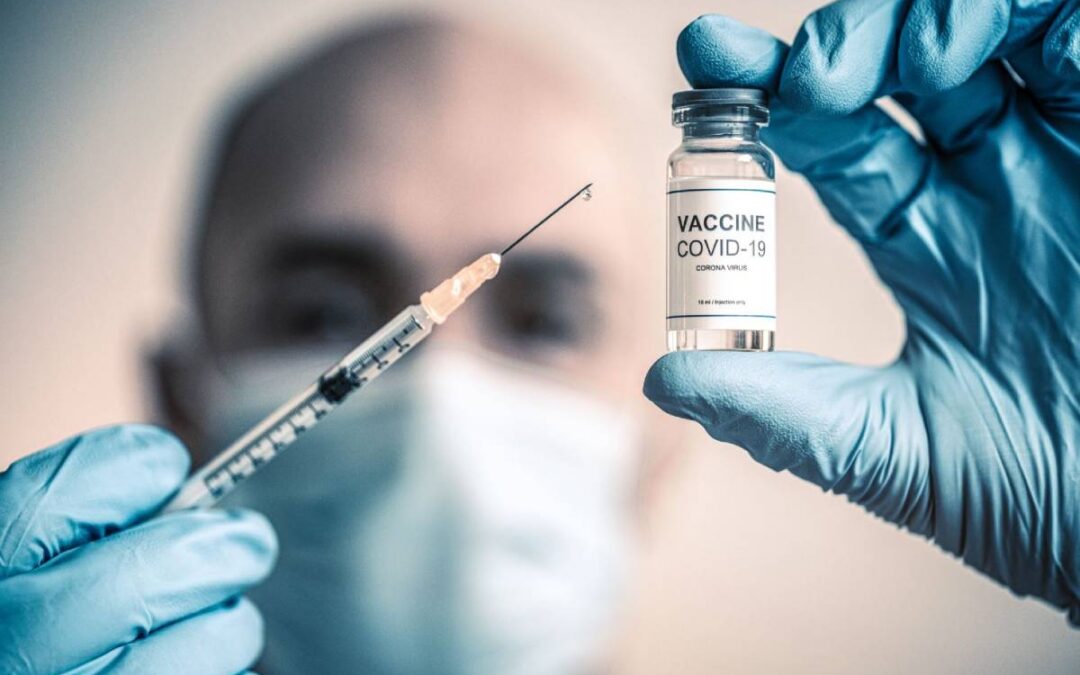The rapid development and distribution of COVID-19 vaccines have been instrumental in deescalating the pandemic and resuming a sense of normalcy in the last couple of years. With the lifting of masking mandates and vaccination requirements throughout the world, some people are questioning whether it is worth it to keep vaccinating against Covid.
Covid-19 vaccines have been critical in the fight against SARS-CoV-2. Vaccines are essential for protecting vulnerable populations such as the elderly and those with preexisting conditions (1). Additionally, outbreaks of Covid continue to occur, especially as the virus further mutates, and maintaining ways to prevent and treat severe disease and death is necessary for people to continue living their daily lives.
Covid-19 vaccines remain the best way to protect ourselves against severe illness, hospitalization, and death as a result of Covid infection (1). Getting vaccinated is safer and more effective at building long-term immunity than getting infected with COVID-19. Unlike an infection, vaccines create an immune response without the risk of severe illness and long-term post-Covid conditions (1). Considering that it is currently impossible to determine who will experience severe symptoms after infection, everyone should keep the potential long-term consequences in mind, including healthy adults and children (1).
As the virus continues to mutate, new variants keep emerging that are more transmissible and potentially more resistant to the immunity provided by vaccines. This is one of the factors leading to the question of whether it is worth it to keep vaccinating against Covid. However, studies have shown that a vaccinated person is less likely to experience severe symptoms and require hospitalization even if they get infected with a new variant (1). In other words, vaccination still provides protection against the virus and its variants, at least for now.
For example, researchers at the Icahn School of Medicine at Mt. Sinai found that vaccination against COVID-19 is associated with a lower risk of heart attacks, strokes, and cardiovascular issues as a result of infection (2). To the researchers’ surprise, even partial vaccination correlated with fewer adverse cardiovascular events compared to those that were infected while unvaccinated, especially among participants with preexisting conditions (2). Furthermore, the rate of long Covid among U.S. adults who have contracted Covid remains high, at 19% (3). Getting vaccinated helps reduce the risk of long Covid and other long-term symptoms that can last for months or even years after infection.
National and international public health protocols are shifting at this stage in the pandemic, as researchers and officials consider efficiency as Covid becomes a fixture in daily life. Of course, one question being discussed is whether (and how) to keep vaccinating given the changing characteristics of Covid. New regulations prioritize protecting high-risk populations and maximizing resources to ensure that Covid-19 vaccinations are cost-effective for countries throughout the world. In March 2023, the WHO’s Strategic Advisory Group of Experts on Immunization (SAGE) revised the WHO’s roadmap for COVID-19 vaccine distribution (6). The new plan emphasizes the importance of vaccinating vulnerable populations that are at risk of severe disease and encourages low-risk populations to receive at least the primary series of vaccines (6).
The Biden administration also announced in January 2023 that they would be ending the public health emergency and national emergency declarations on May 11, 2023 (6). Vaccines will remain free to everyone, regardless of insurance coverage, as long as the federally purchased supply of vaccines lasts (6). Once that supply runs out, however, uninsured and underinsured populations may struggle to afford COVID-19 vaccines, and insured people may no longer have access to free at-home tests (6). The decision to keep vaccinating against Covid, though in a more targeted way, and keeping vaccines, treatments, and tests accessible and affordable remains essential to protecting the safety of vulnerable populations worldwide.
References
- “Benefits of Getting Vaccinated.” Center for Disease Control and Prevention, 22 Dec 2022, www.cdc.gov/coronavirus/2019-ncov/vaccines/vaccine-benefits.html
- “COVID-19 Vaccination Linked to Fewer Cardiac Events.” Mount Sinai, 20 Feb 2023, www.mountsinai.org/about/newsroom/2023/covid-vaccination-linked-to-fewer-cardiac-events
- “Nearly One in Five American Adults Who Have Had COVID-19 Still Have ‘Long COVID.’” Center for Disease Control and Prevention, 22 June 2022, www.cdc.gov/nchs/pressroom/nchs_press_releases/2022/20220622.htm
- “Myths and Facts about COVID-19 Vaccines.” Center for Disease Control and Prevention, 16 Feb 2023, www.cdc.gov/coronavirus/2019-ncov/vaccines/facts.html
- “SAGE updates COVID-19 vaccination guidance.” World Health Organization, 26 Mar 2023, www.who.int/news/item/28-03-2023-sage-updates-covid-19-vaccination-guidance
- “Statement of Administration Policy.” Executive Office of the President, 30 Jan 2023, www.whitehouse.gov/wp-content/uploads/2023/01/SAP-H.R.-382-H.J.-Res.-7.pdf





Recent Comments